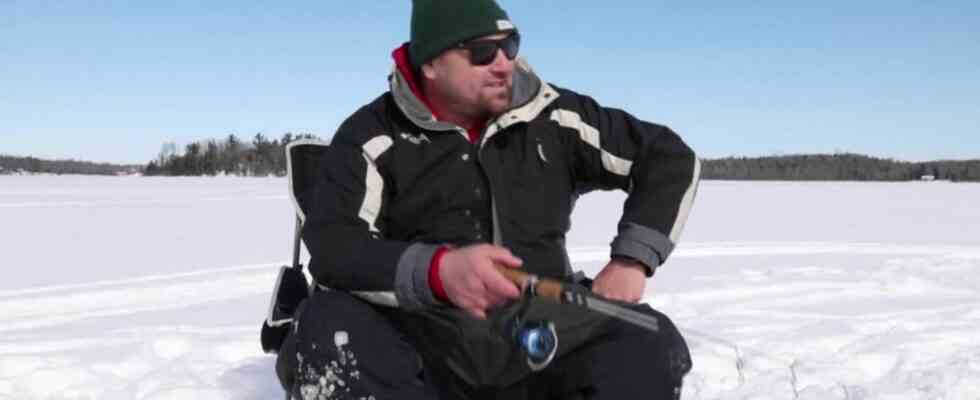STORY: In the winter, Mike Diabo gets on his snowmobile at least once a week and goes ice fishing at one of the many lakes in southern Quebec, Canada. There he fishes for pike, bass or trout to supplement his family’s diet. In doing so, he continues the traditions of his ancestors, who belong to the Algonquin First Nation in eastern Canada. But this year the ice fishing season started with a long delay. Because of the mild winter and fluctuating temperatures, the ice on the lakes was too thin for a long time. It wasn’t until February that the real cold snap came. “I can’t remember there’s ever been a season like this. That’s the first time I can remember personally. I’m 46 years old and I don’t remember ever having such unstable temperatures and stuff bad ice cream. It’s the first time I’ve experienced such a delay.” Diabo blames climate change for the atypical weather and fears the ice fishing season will be even shorter in the future. And that would be a problem for him and many others in the area: “If the ice comes late, we won’t have access to these traditional food sources. That becomes a problem of food security for the people here.” It’s not just fishing that’s becoming a problem “Deforestation and mining are driving away moose – another important food source for the Algonquin. And he has also stopped hunting rabbits because of insufficient snow, Diabo says. According to meteorologists, temperatures in Quebec this year will be affected by the La Niña weather phenomenon However, climate change is making mild winters more likely than they were a few decades ago, experts say.

